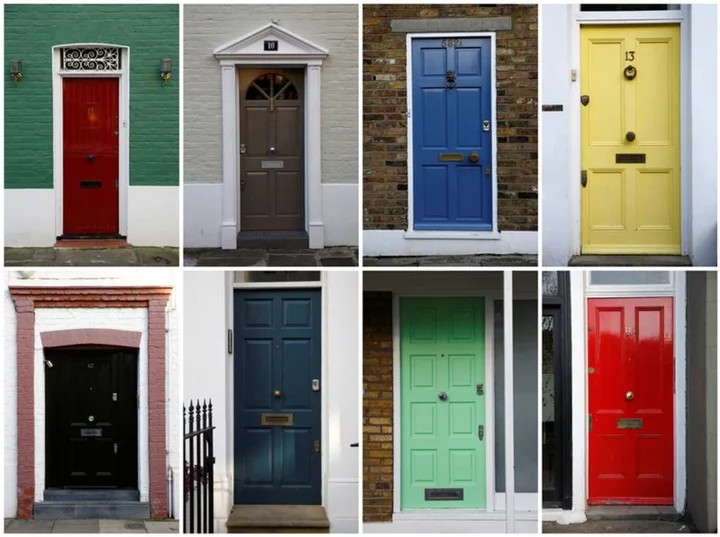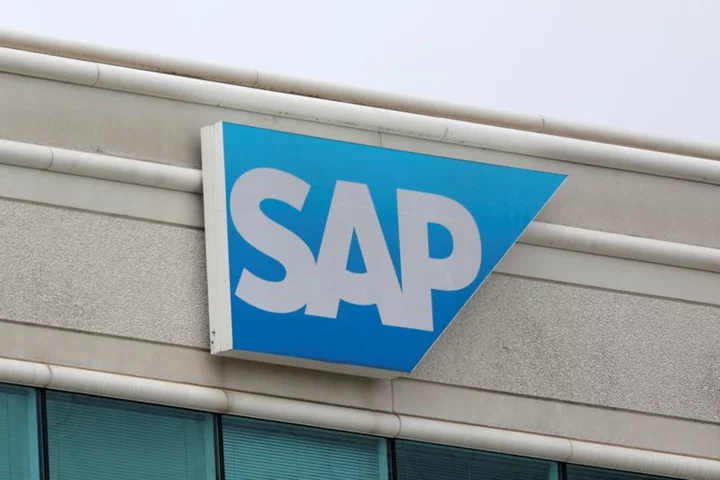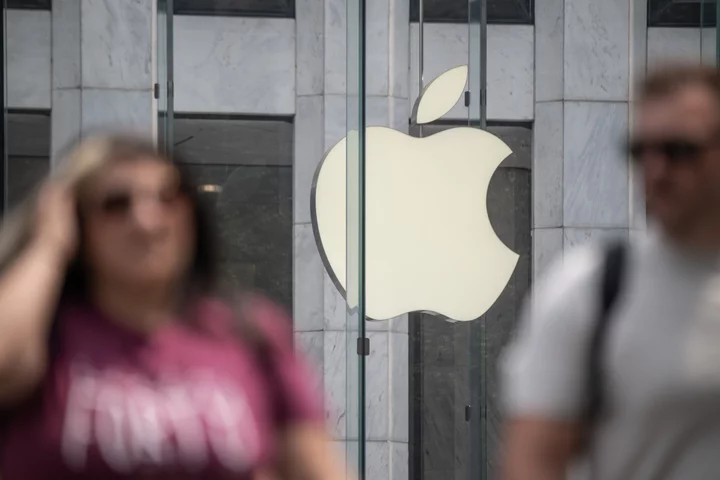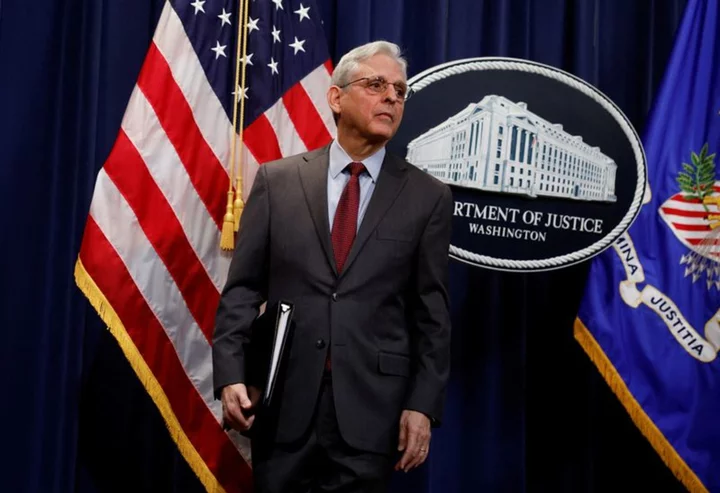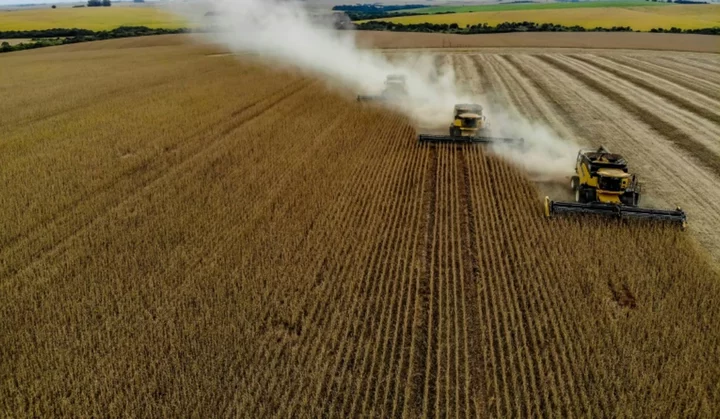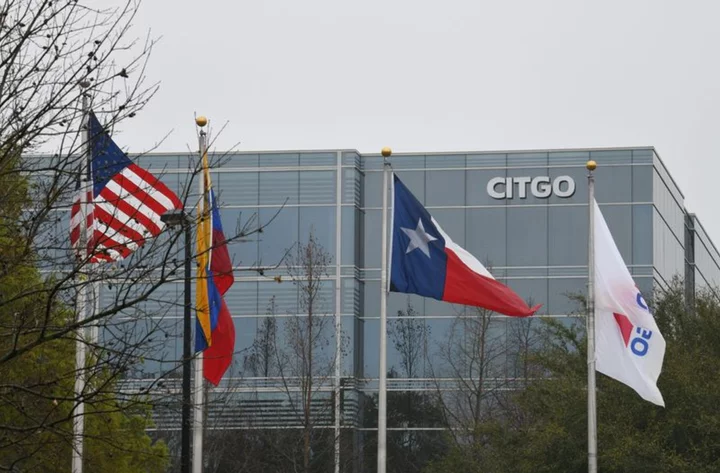By Jonathan Cable
LONDON British home prices will fall 4% this year, more than was thought a few months ago, as high interest rates and living costs keep potential buyers out of the property market despite a shortage of supply, a Reuters poll showed.
Average prices soared over 20% during the COVID pandemic as buyers took advantage of record-low interest rates and sought more living space, and from peak to trough are only expected to drop around 5%.
But, with inflation running at several multiples above its target, the Bank of England (BoE) embarked on an aggressive policy tightening road and has added 515 basis points to borrowing costs from just 0.10% in less than two years, making it much more expensive to pay off a mortgage.
Average home prices were predicted to fall 4% in total in calendar 2023, slightly more than a 3% drop predicted in a poll published in June but not as bad as some had expected earlier, the Aug. 14-30 poll of 18 market specialists showed.
The most pessimistic forecast was for a 10% fall, despite consumer prices expected to rise 7.5% this year, according to a separate Reuters poll.
They were expected to flatline in 2024 and rise a little over 3% the year after, little changed from the previous poll.
"Forward-looking indicators are continuing to show a decline in buyer demand and negative price expectations. This is largely the result of higher mortgage costs negatively impacting affordability and placing downward pressure on house prices," said Michael McGill at real estate firm CBRE.
"We expect prices to recover from 2024, underpinned by an improving economic backdrop."
There was evidence of a housing market slowdown in BoE data published on Wednesday as mortgage approvals by banks and building societies in July dropped more than expected, while property website Zoopla said the number of house purchases this year was on course to drop 21% to its lowest since 2012.
In London, where homes are usually far more expensive, prices were expected to fall 5% this year but increase more than nationally in the following two years with rises of 2% and 5% pencilled in.
However, there is a huge divergence between London boroughs.
"The London housing market ebbs and flows, yet is there really such a thing as a 'London property market' nowadays?" asked property consultant Russell Quirk.
"Can we truly categorise what happens in Kensington and Mayfair with oodles of foreign buyers hunting trophy homes, alongside the blue collar demographic of Barking and Dagenham?"
While the average asking price for a home in the capital was 672,961 pounds ($853,314) in August, according to property website Rightmove, a buyer in Kensington would expect to pay on average 1,667,486 pounds yet in Barking and Dagenham it was 367,526 pounds.
RENTAL STRESS
Those unable or unwilling to make it onto the property ladder will feel the pinch from surging rental costs.
When asked what would happen to average rents for the rest of the year all 13 respondents to an additional question said they would rise, including nine saying they would do so significantly.
So unsurprisingly 12 of 14 participants said rental affordablility would worsen over the coming year.
"The build-up of a long-term supply issue combined with soaring landlord costs are set to continue pushing up rents for the foreseeable future," said Aneisha Beveridge at estate agency Hamptons.
Private rental prices paid by tenants in Britain rose 5.3% in the 12 months to July, according to the Office for National Statistics.
($1 = 0.7886 pounds)
(For other stories from the Reuters quarterly housing market polls:)
(Reporting by Jonathan Cable; polling by Mumal Rathore, Rahul Trivedi and Purujit Arun; Editing by Mark Potter)

